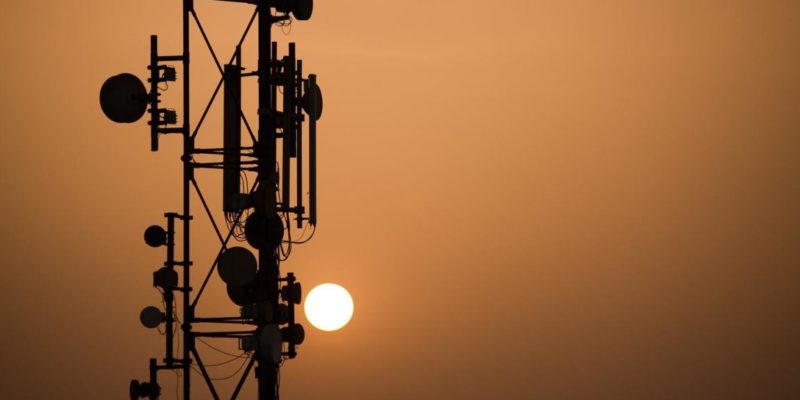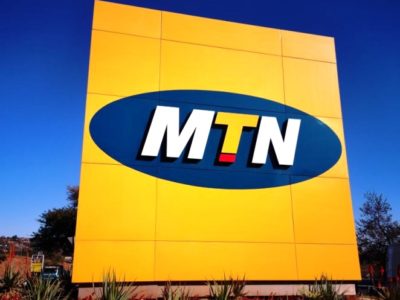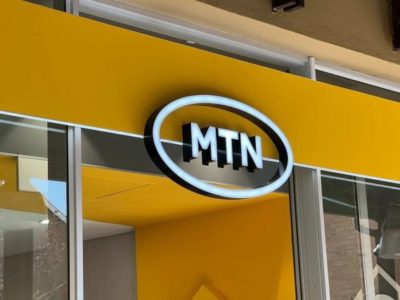By Osasome C.O
A sweeping blackout has plunged seventeen northern states in Nigeria into darkness for nine straight days, severely impacting essential services, local businesses, and telecommunications infrastructure. As the power outage drags on, over 100,000 small businesses face an uphill battle to survive. They are struggling with rising fuel costs and the challenge of running petrol-powered generators to keep operations afloat.
RELATED: Smart grids urgently needed as power outage paralyses Northern Nigeria
With energy costs skyrocketing, telecommunications operators have begun implementing load shedding across the region. Keeping network base stations powered has become an increasing burden, given the elevated prices of diesel and petrol. Many telecom sites are now either down or running at less than 30% capacity. This is significantly disrupting mobile and internet services, especially for the region’s 69 million mobile internet users.
Losses are incomprehensible
The blackout has forced many subscribers to find alternatives to simply charge their phones. In cities like Jos and Bauchi, residents pay between N150 and N200 per charge at makeshift charging stations run by business centers. “It’s terrible. The losses are incomprehensible,” lamented a resident in Jos.
The power crisis has paralyzed financial transactions, leaving banking halls overwhelmed as ATMs and POS terminals across the region struggle with intermittent connectivity. The blackout has also disrupted critical services like healthcare, education, and water access, worsening regional insecurity.
As the power situation remains dire, businesses and residents alike are increasingly calling for urgent government intervention to restore electricity and provide economic relief.
































